13 alternatives to Doodle
Doodle is a meeting and scheduling tool that’s been around since 2007. During that time, it’s saved people from dealing with countless back-and-forth emails just to schedule an appointment. Although it’s popular with many users across the globe, some have found they need more from their scheduling software.
So, we’ve put together this list of a dozen Doodle alternatives. Below, we’ll look at key features, pros and cons, and pricing for each.
Keep reading to find the scheduling tool that’s right for your business.
Why look for a Doodle alternative?
While Doodle has long been a go-to tool for scheduling and meeting polls, today’s users often expect more than just basic functionality. Here are some of the most common reasons people seek alternatives:
- Limited customization options
Doodle offers a relatively basic interface with few customization features. For businesses that want to personalize their scheduling experience, from branding to setting specific availability rules, this lack of flexibility can be a drawback.
- Lack of deep integrations
In modern workflows, tools that integrate seamlessly with platforms like Google Calendar, Zoom, Slack, or CRM systems are essential. Doodle’s limited integration options often make it harder to embed scheduling into daily operations.
- No built-in automation or smart scheduling
Features like buffer times, conflict detection, and automated reminders are now expected from scheduling tools. Doodle doesn’t offer these capabilities natively, which means users may spend extra time managing tasks manually.
- Not ideal for team scheduling
Doodle works well for individual polls but falls short when used in team environments. Shared calendars, group appointments, and collaborative scheduling dashboards are crucial for internal coordination, and these features are often limited or missing.
- Polling-only focus isn’t always enough
Many businesses today need more than just a tool to choose a meeting time. They require full booking systems that can handle appointments, process payments, and offer reporting tools. Doodle’s core functionality doesn’t support this broader use.
13 best Doodle alternatives
1. Jotform
Best for: Teams looking to combine form-building and scheduling in one platform
Unlike other Doodle alternatives in this list, form builder Jotform isn’t a dedicated scheduling tool. But the platform’s flexibility makes meeting scheduling a popular use case.
With Jotform’s appointment widget, you can add an easy way to book meetings and appointments to any form. You can customize the widget to change the duration of appointment slots, set time zones, send automated reminders, allow group appointments, and more. Anyone trying to book a meeting or call can see up-to-date availability when they fill out the appointment form.
You’ll be able to view your booked appointments in Jotform Tables, either as a spreadsheet or by adding a calendar view. Jotform Tables is a robust tool that allows multiple people to view and share calendar information from a single database. Many meeting scheduling tools lack this kind of scalability.
Key features:
- Appointment widget to schedule meetings directly via forms
- Custom appointment slots (duration, time zones, buffer times)
- Automated reminders to reduce no-shows
- Calendar view in Jotform Tables for team-wide scheduling visibility
- Integration options with Google Calendar, Zoom, and more
Pricing:
Jotform is free to try. Paid plans start at $34 per month.
Overall rating:
2. Calendly
Best for: Sales, recruiting, and support teams that rely on quick, automated scheduling
Over 10 million people use Calendly for their scheduling needs. It integrates with most email and calendar providers, accounts for time zone differences automatically, and has smart features such as buffer times between meetings and the ability to prevent last-minute bookings.
Key features:
- Calendar sync with Google, Outlook, iCloud, and Office 365
- Automatic time zone detection for global scheduling
- Buffer times between appointments to prevent burnout
- Last-minute booking prevention for better schedule control
- Team scheduling with round-robin, collective, and group options
Pricing:
Calendly offers a free version with limited features. Paid plans with more robust features start at $10 per person per month.
Overall rating:
3. When2Meet
Best for: Individuals or small teams needing quick, no-fuss scheduling
When2Meet is a minimalist scheduling tool designed for ease of use and privacy. While it lacks advanced features, it’s a go-to solution for individuals or small groups who want to quickly find a mutually available time without creating an account.
Key features:
- No account or email required to create or join events
- Real-time availability visualization
- Free to use with no hidden costs
- No personal data collection
- Browser-based; no installation needed
Pricing:
- Completely free to use
Overall rating:
- G2 and Capterra ratings are not officially listed
4. Chili Piper
Best for: Sales and revenue teams managing high-volume or complex lead pipelines
Chili Piper is a scheduling and meeting lifecycle platform designed for sales-driven teams. With nearly 50,000 users, it excels in managing complex, multi-touch customer interactions, making it a top choice in industries like real estate, SaaS, and enterprise sales.
Key features:
- Advanced scheduling for inbound leads (instant booking from web forms)
- Automated calendar sync and reminders
- Native integrations with Salesforce, HubSpot, and other CRMs
- Built-in analytics and meeting performance insights
- Tools for managing the full customer journey, from first contact to follow-up
Pricing:
Chili Piper pricing starts at $15 per user per month.
Overall rating:
5. Setmore
Best for: B2C businesses such as salons, clinics, tutors, and fitness professionals
Setmore is a lighter-weight scheduler that fits a variety of use cases.
Integrations are a key feature for Setmore. You can integrate appointment scheduling into social media (e.g., via your Instagram profile) or productivity apps, and you can set email and text reminders for attendees.
In his review for Forbes, writer John Iwuozor says Setmore is a better fit for B2C users than for B2B users. Someone in a business-to-business context likely needs a more robust tool for managing complex scheduling.
Key features:
- Online appointment booking with custom availability settings
- Integrations with Instagram, Facebook, and productivity tools
- Email and SMS reminders for clients and staff
- Video meeting integration with Zoom and Teleport
- Booking page customization with branding options
Pricing:
Setmore offers a free plan with a limited feature set. Paid plans start at $5 per user per month when billed annually.
Overall rating:
6. Acuity Scheduling
Best for: Service-based professionals such as therapists, coaches, consultants, and health providers
Acuity Scheduling is a great appointment scheduling tool for small service-based businesses (e.g., care providers, consultants, and financial advisers).
Its integrations allow users to automate appointment management almost completely, as small- business expert Rose Wheeler writes in her review of the software. Users can easily sync Acuity Scheduling with their calendars and their customer relationship management (CRM) tools. Payment features are also built in.
Key features:
- Calendar sync with Google, Outlook, and iCloud
- Built-in payment processing via Stripe, Square, and PayPal
- CRM integrations for customer management
- Customizable intake forms and confirmation messages
- Automated reminders and follow-ups
- Client self-scheduling and rescheduling options
Pricing:
Acuity Scheduling offers three paid plans that start at $16 per month, and you can try the tool for a week for free.
Overall rating:
7. OnceHub
Best for: Small businesses and internal teams looking to manage bookings and live interactions
OnceHub bills itself as a “meeting journey builder,” offering appointment scheduling as well as live chat options for customers, teammates, or any other attendees. Integration with Google Calendar is smooth, as is integration with virtual meeting software like Zoom.
This is another scheduler that works well for small businesses or within small internal teams, but more advanced appointment management may require a more robust tool.
Key features:
- Appointment scheduling with flexible availability settings
- Live chat and real-time meeting coordination
- Workflow automation for routing and qualifying leads
- Custom booking pages with branding options
- Email notifications and buffer time controls
Pricing:
There’s a free version of OnceHub for three users with limited features. Paid options start at $10 per user per month.
Overall rating:
8. YCBM
Best for: Freelancers, educators, and small teams looking for a streamlined and intuitive scheduler
YCBM (YouCanBookMe) is one of the best-loved Doodle alternatives available. The software is built to streamline appointment scheduling. The feature set is simple and to the point, delivering smooth integrations with relevant tools, email and text reminders, and custom branding options.
The big appeal is YCBM’s user interface. It’s clean, intuitive, and well thought out.
Key features:
- Integration with Google Calendar and Microsoft Outlook
- Email and SMS reminders and confirmations
- Custom branding and personalized booking pages
- Time zone detection and flexible availability settings
- Webhooks and API access for advanced workflows
Pricing:
YCBM offers a “free forever” version for users who need basic functionality and are working from a single calendar. The paid version starts at $10.80 per calendar and opens up a wider set of features.
Overall rating:
9. NeedToMeet
Best for: Occasional schedulers like volunteers, educators, or community groups
NeedToMeet offers users a straightforward way to schedule meetings and check people’s availability. It integrates with all of the popular calendars and even offers a polling feature.
Key features:
- Simple availability polling and meeting coordination
- No account required for participants
- Custom meeting links and scheduling pages
- Email notifications and updates
Pricing:
Price and simplicity are NeedToMeet’s biggest advantages. The feature set is not as robust as some other Doodle alternatives, and the pricing tiers reflect this. NeedToMeet offers a free tier, an Advanced tier at $12 per user per year, and a Premium tier at $19 per user per year.
Overall rating:
- G2 ratings are not officially listed
- 4.0/5 on Capterra
10. Schedulicity
Best for: Service-based businesses like salons, massage therapists, fitness instructors, and consultants
Schedulicity is a nice option for service-based businesses. Key features include payment processing (useful for service providers who require up-front payments), easy integration into marketing channels, and a committed customer service team.
In fact, excellent customer service is one of the things business owners cite in their reviews of Schedulicity. Having that dedicated support can be beneficial for small businesses or solopreneurs that don’t have the time to troubleshoot their scheduling software.
Key features:
- Online appointment scheduling with real-time availability
- Built-in payment processing for upfront or post-service charges
- Integration with email and social media marketing channels
- Automated appointment reminders and confirmations
- Class and workshop scheduling for group sessions
Pricing:
Schedulicity has a free version that supports 10 bookings per month and a paid version that starts at $34.99 per month.
Overall rating:
11. TimeTap
Best for: Enterprise teams and service providers with complex scheduling needs
TimeTap is a good fit for enterprise teams. The app is mobile-friendly and designed to be easy and intuitive for busy professionals.
TimeTap’s features are robust, too. You can build custom booking sites, create custom reports, and collect payments from the tool.
Key features:
- Custom booking pages with advanced form fields and branding
- Secure payment collection during appointment booking
- Custom reporting and analytics tools
- Multi-staff and multi-location support
- Mobile app access for on-the-go scheduling
Pricing:
There’s a free trial, and plan pricing scales up based on the number of users, starting at $22.45 per month.
Overall rating:
12. Vocus.io
Best for: Sales, outreach, and business development teams working directly from Gmail
Vocus.io is a sales-focused Chrome extension that makes booking management easy. Users can set their availability, poll attendees on meeting times, track responses, and collaborate with team members.
Among Doodle alternatives, Vocus.io is best suited to outreach teams or business development teams. The software also features tools for tracking email campaigns and adding data to a CRM.
Key features:
- Availability sharing and meeting polls
- Email tracking, mail merge, and follow-up automation
- Integration with Google Calendar and popular CRMs
- Chrome extension for Gmail integration
- Response tracking and scheduling analytics
Pricing:
Vocus.io offers three pricing tiers, starting at $5 per month.
Overall rating:
13. Zeeg
Best for: Ideal for coaches, consultants, and freelancers needing a comprehensive scheduling solution.
Zeeg is a versatile scheduling platform designed for individuals, teams, and enterprises. It offers advanced features like smart routing, automation workflows, and customizable booking pages, making it suitable for various industries and business sizes.
Key features:
- Supports one-on-one, group, collective, round-robin, and flexi meetings
- Automate reminders, follow-ups, and other meeting-related communications
- Personalize with branding elements, custom fields, and redirect options post-booking
- Direct clients to the appropriate team member based on predefined criteria.
- Accept payments via Stripe and PayPal during the booking process.
Pricing:
Zeeg offers a free plan, and paid plans start at €7 per month, scaling up based on features and team size.
Overall rating:
Jotform as an alternative to Doodle
Scheduling meetings with Jotform is straightforward, and you can easily embed your appointment scheduling form into a website or send it through email.
Beyond appointment scheduling, the Jotform platform also gives you access to a suite of no-code tools to build forms, apps, reports, and more, making it easy to collect, process, and share data.
Jotform integrates with 100-plus other tools, including Google Calendar, payment providers like PayPal, email marketing tools like Mailchimp, and internal communication tools like Slack. Jotform is a great fit for
- Consultants who charge clients a fee up front to book a consultation
- Businesses that are using an email newsletter campaign to nurture leads
- Companies that need a smoother way to book internal team meetings (with Jotform’s Slack integration)
To learn more about Jotform’s scheduling features, check out this tutorial on how to schedule an appointment.
Photo by Towfiqu barbhuiya on Unsplash

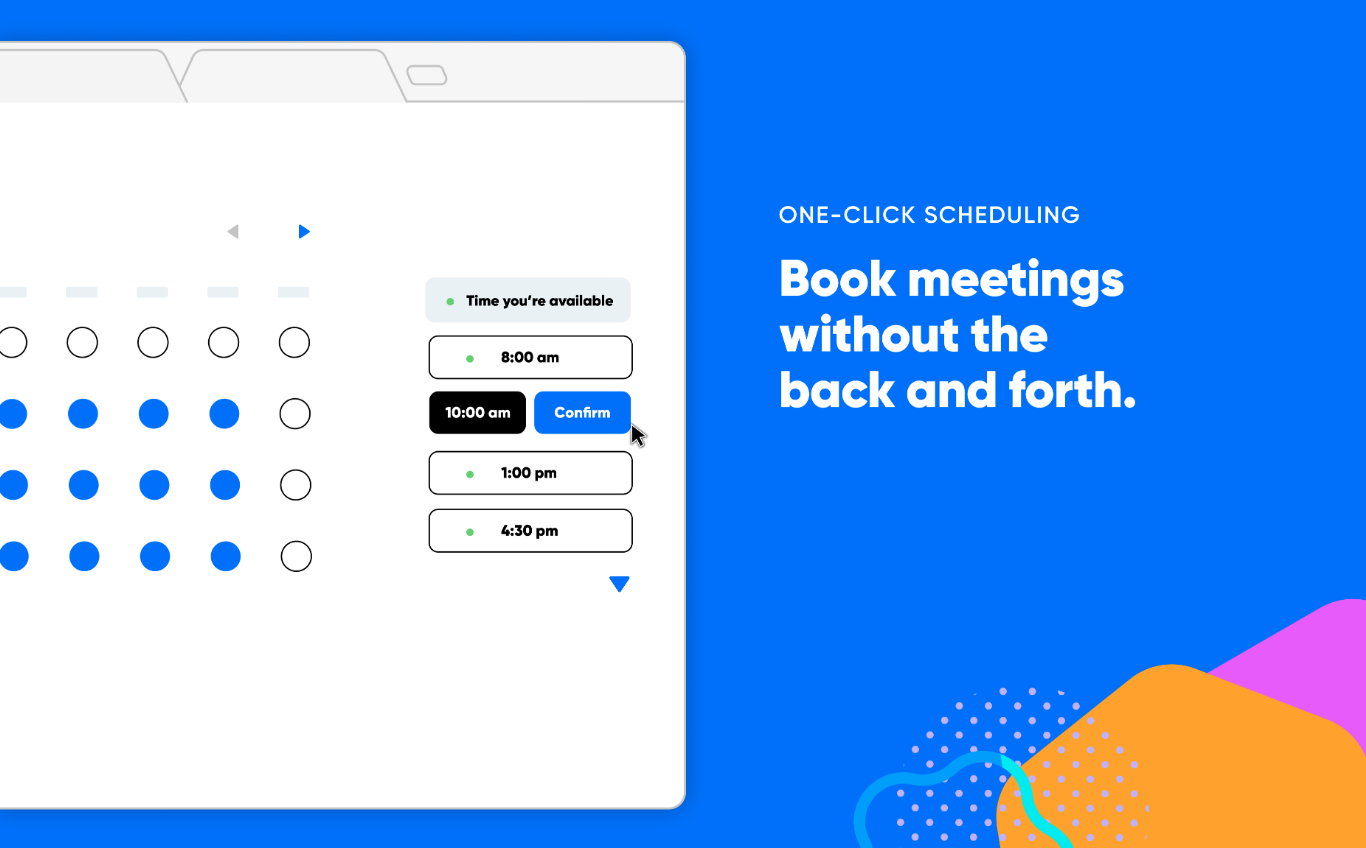

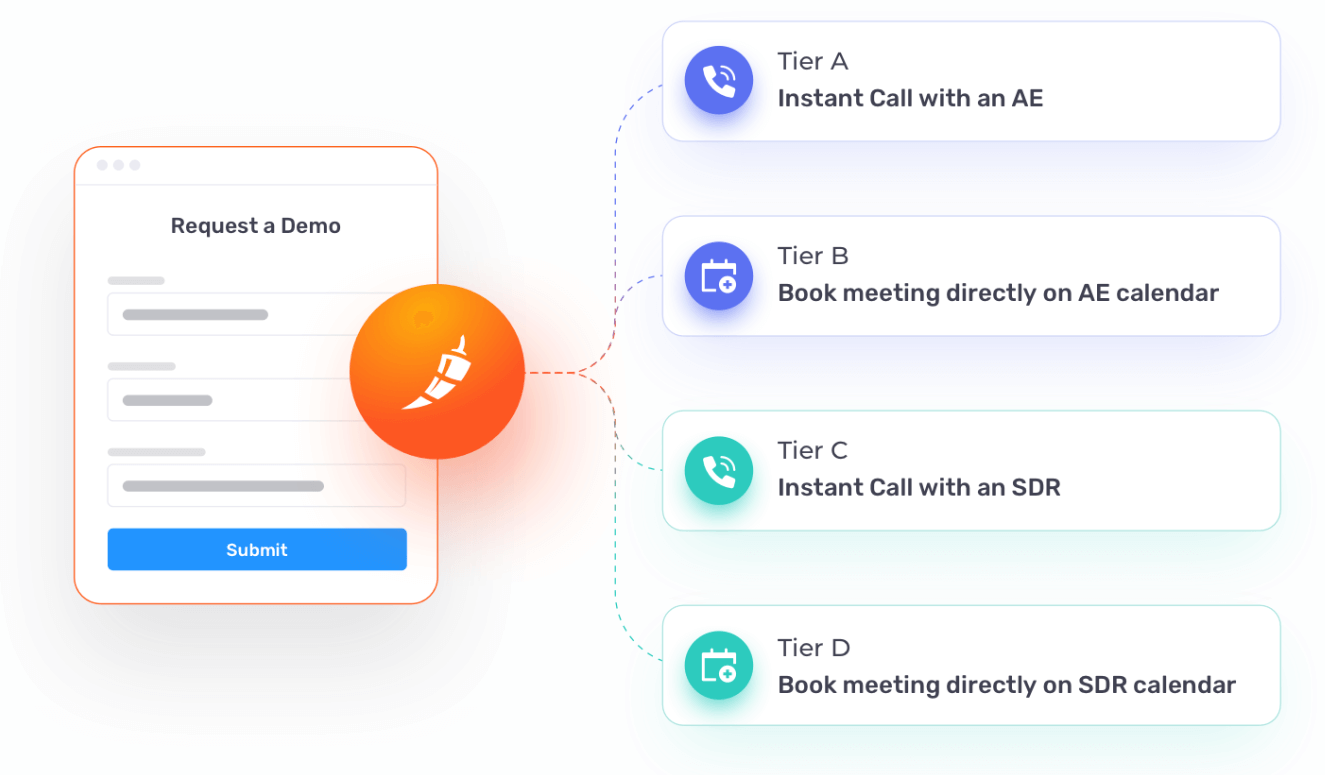

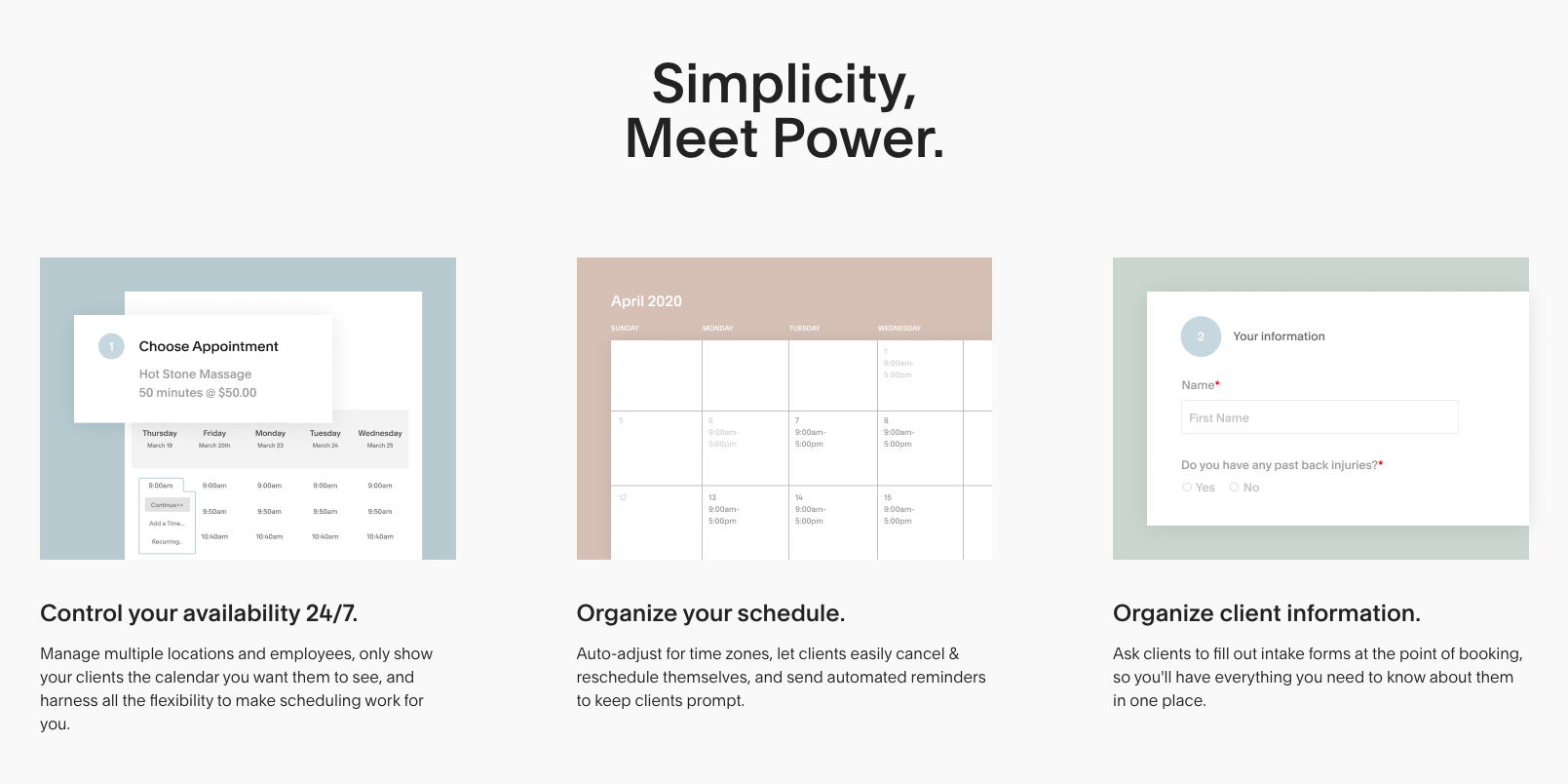
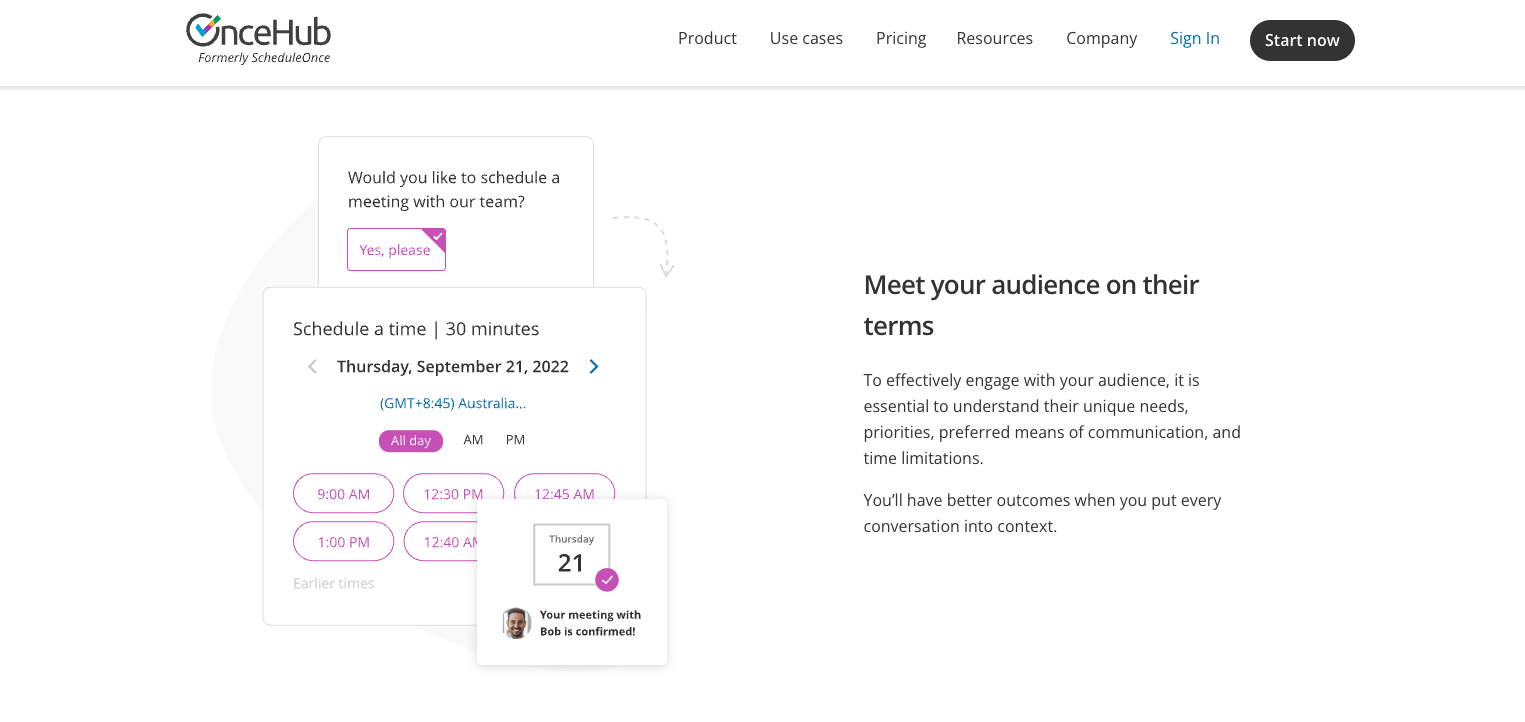
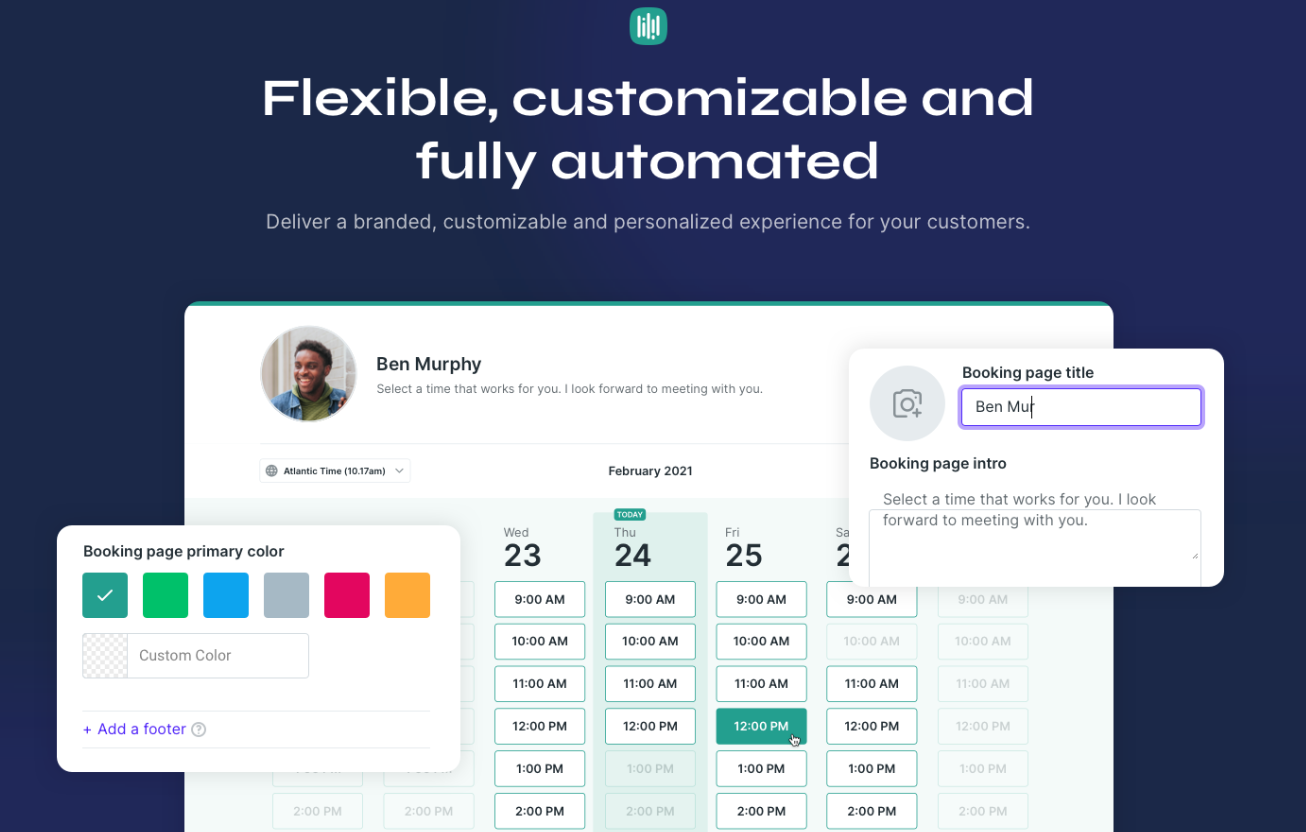
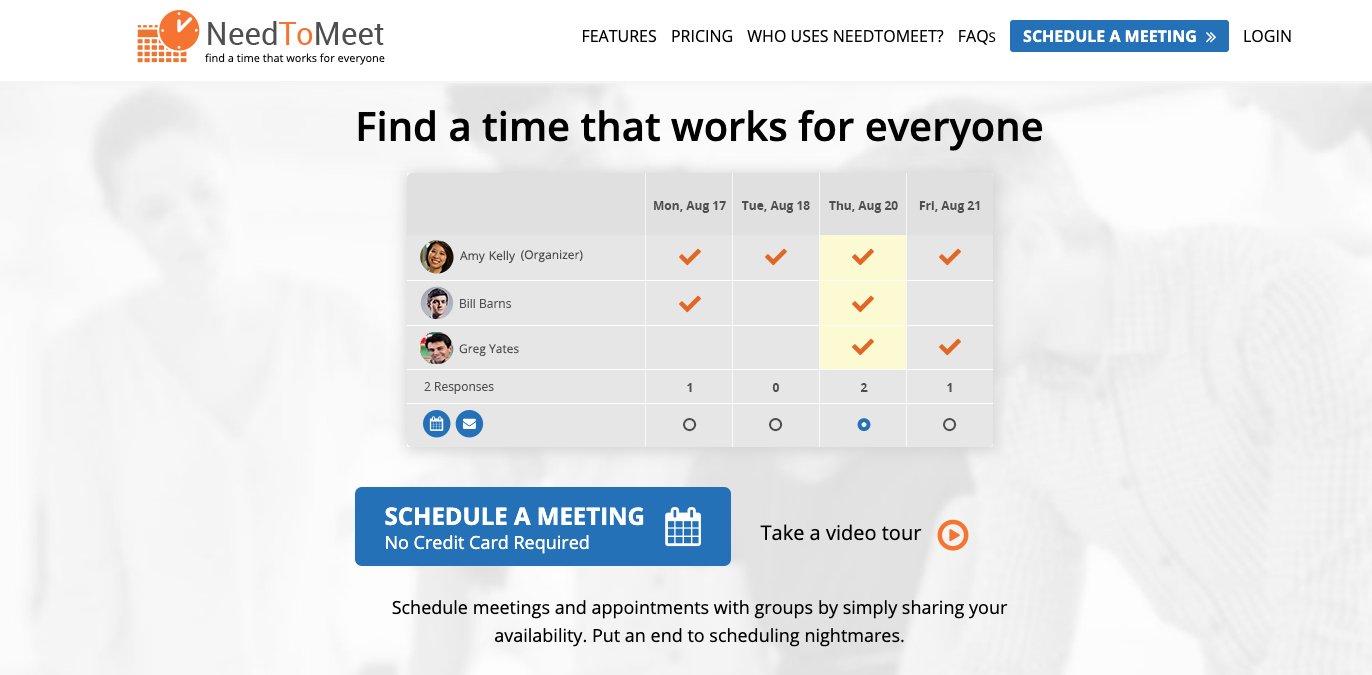
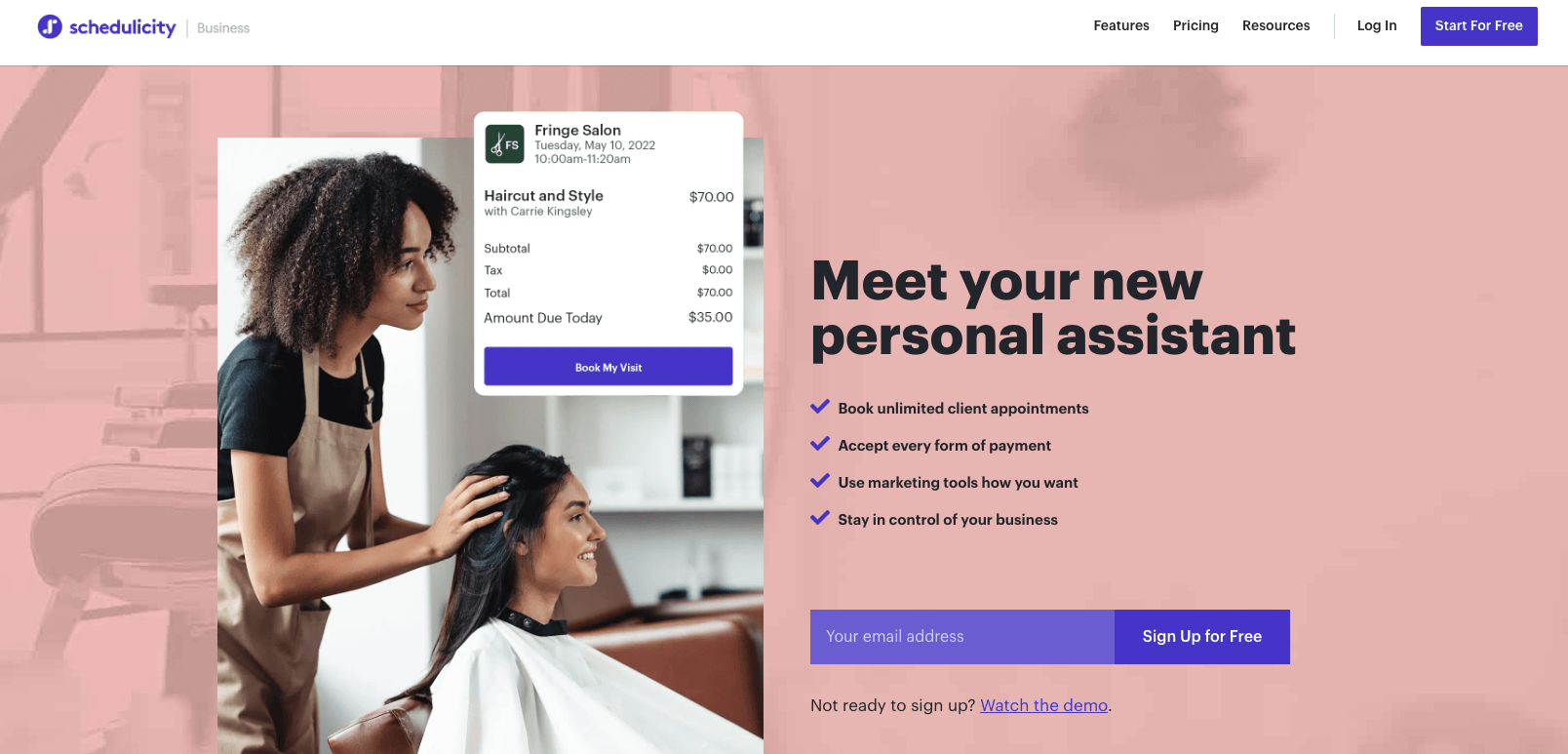
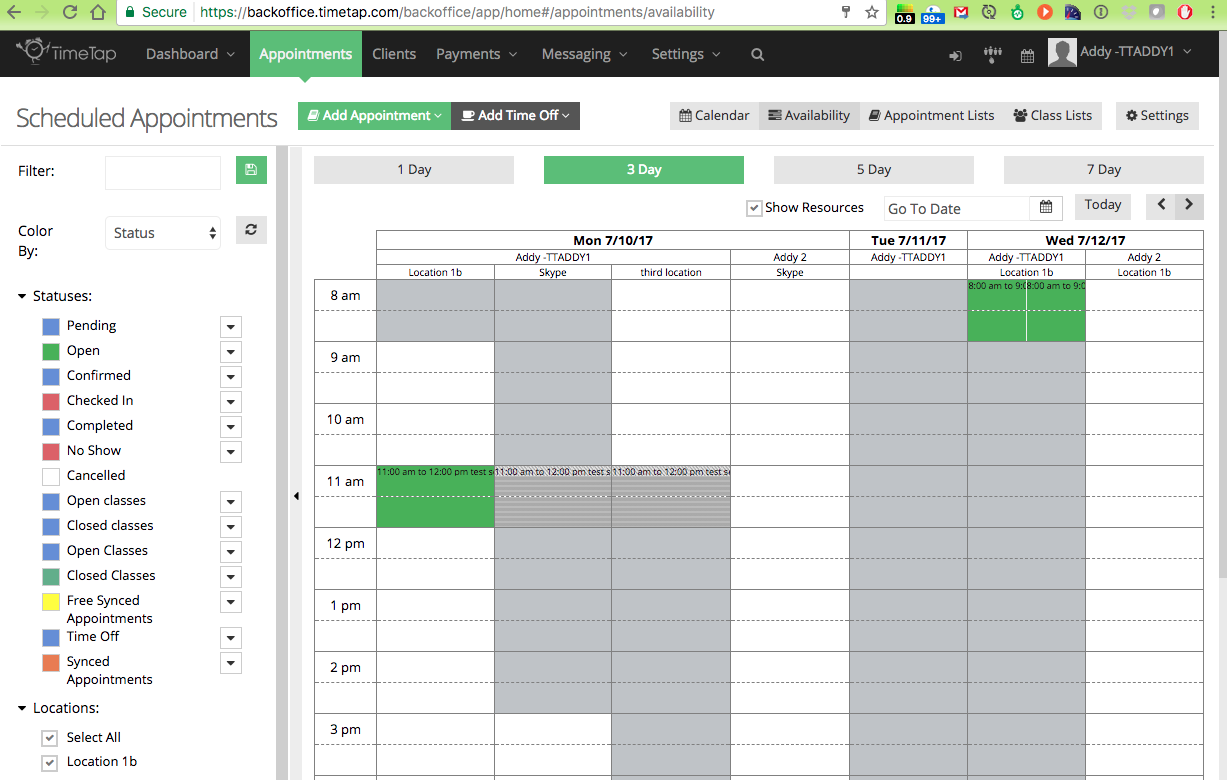
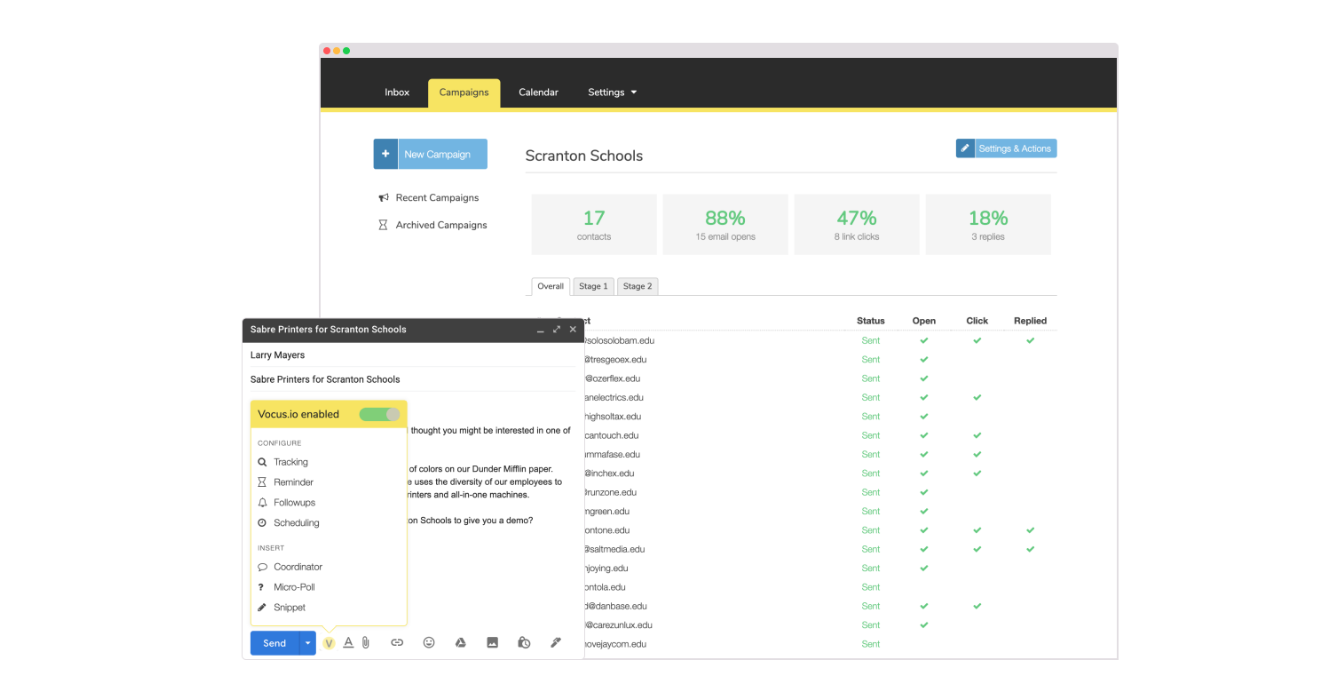
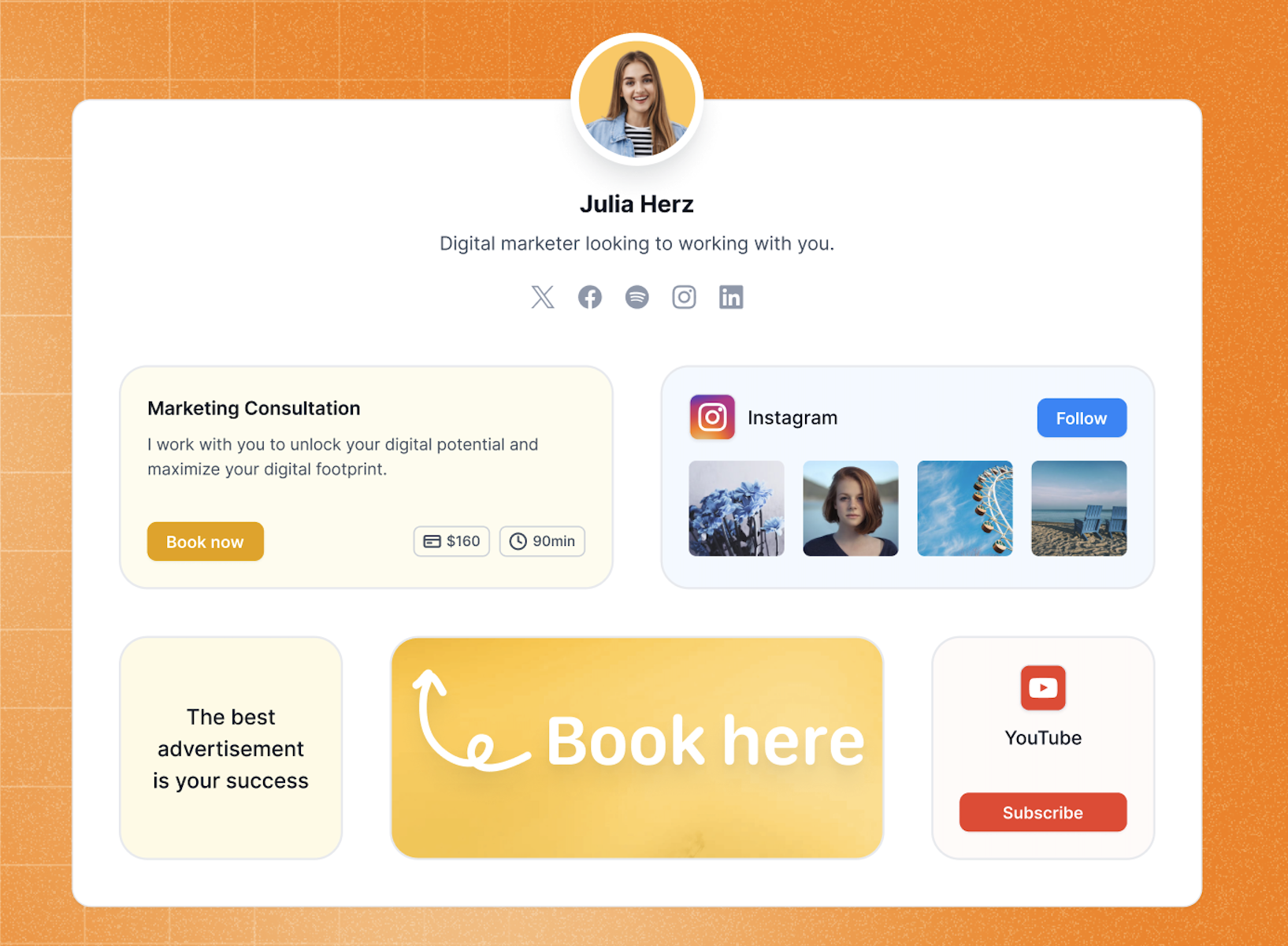











































Send Comment: